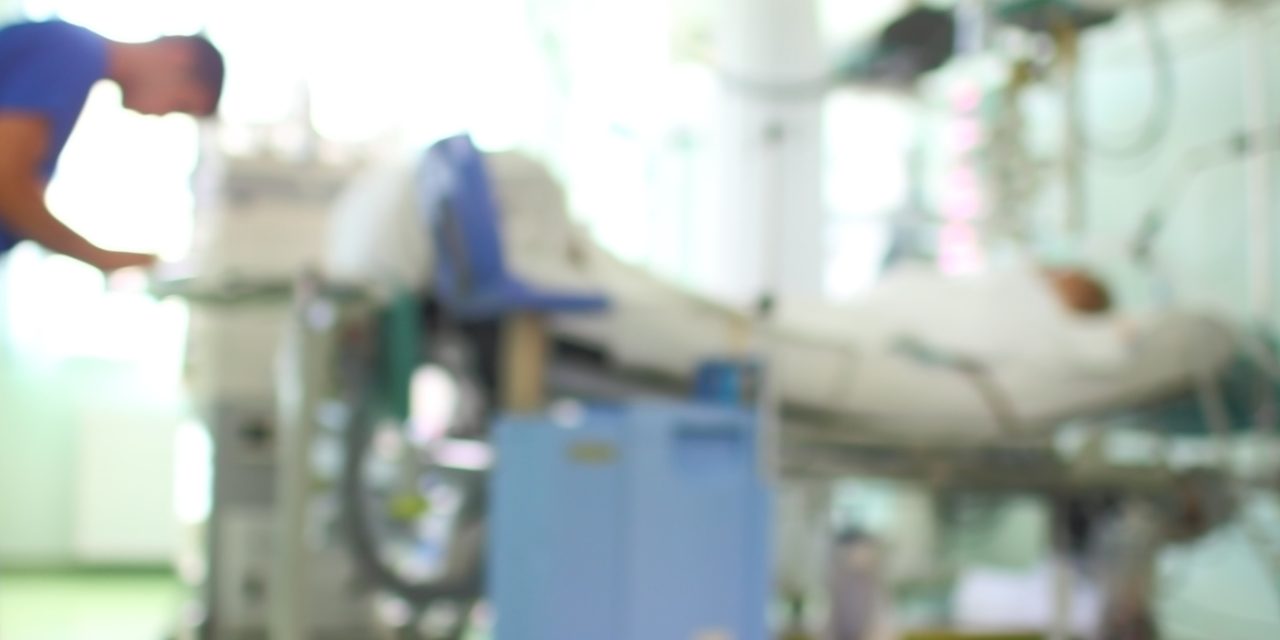The newly highlighted research into programmed cell death (PCD), autophagy dependent cell death and pyroptotic cell death, has shown that these processes are both strongly correlated with the pathological progression of traumatic brain injury (TBI). However, their cross-talk in TBI remains unclear. Here, a moderate TBI model was established to explore the relationship between autophagy and pyroptosis. Rapamycin was used to activate the process of autophagy, which was impaired in the moderate TBI model, and this treatment reversed the expression of pyroptosis associated proteins, interleukin-13 (IL-13) and the pJAK-1 pathway, which were upregulated significantly after TBI. The level of IL-13 was downregulated, and the JAK-1 pathway was blocked to reveal the molecular mechanisms by which autophagy inhibits pyroptosis; these two treatments reduced the expression levels of pyroptosis associated proteins. In addition, these three interventions reduced the formation of neuronal NLRP3, the extent of brain edema, and the degree of cortical neuron degeneration. Furthermore, the deficit in motor function post-TBI was also markedly alleviated. Collectively, our results demonstrated that autophagy activation exerts a neuroprotective effect by inhibiting pyroptotic cell death in the moderate TBI model, and the inhibitory effect was dependent on the downregulation of IL-13 and repression of the JAK-1-STAT-1 signaling pathway.
Autophagy Activation Represses Pyroptosis through the IL-13 and JAK1/STAT1 Pathways in a Mouse Model of Moderate Traumatic Brain Injury.


